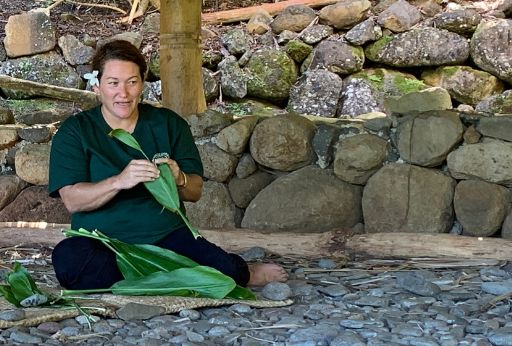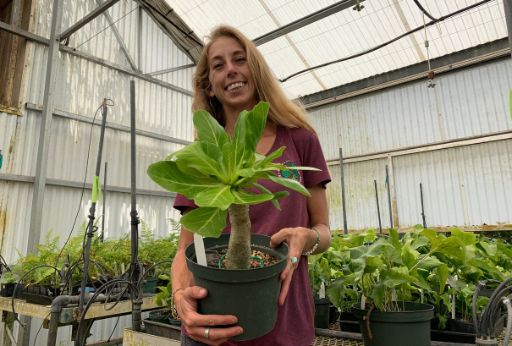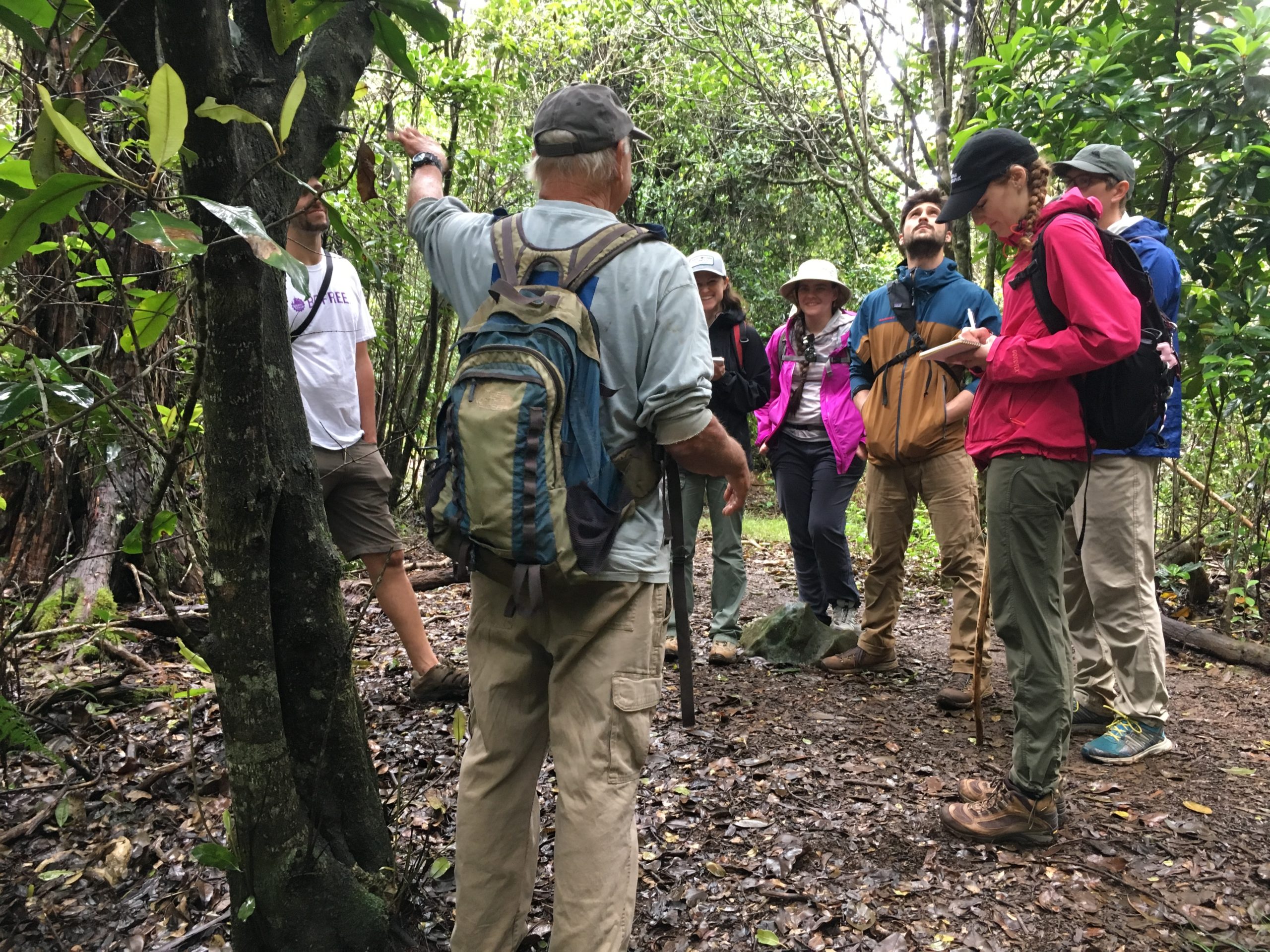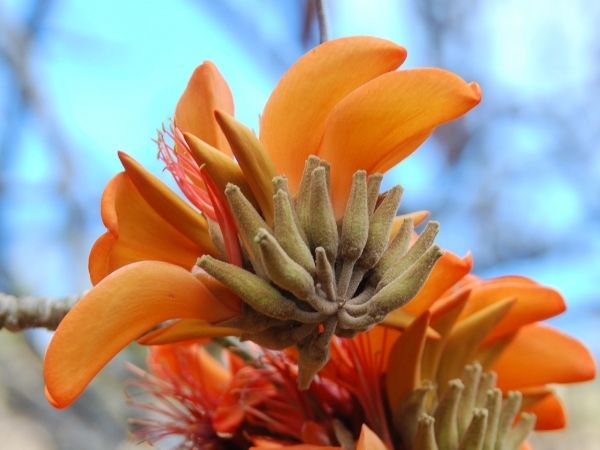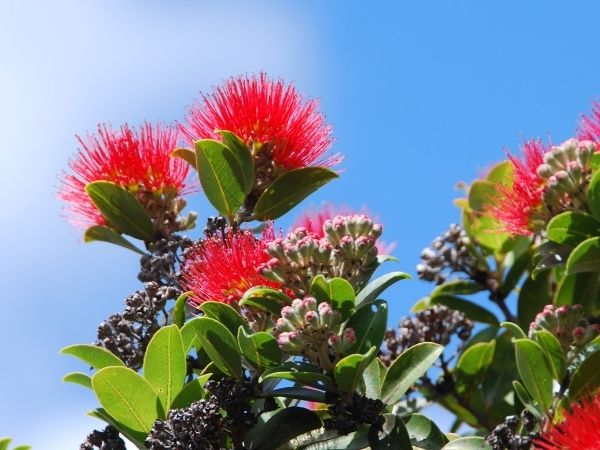Tropical Plant Database - Plant Details
Alibertia patinoi
Click on any heading above to view more information about this plant
Conservation Status
- IUCN: least concern
- USFWS: None
David Lorence, PhD, NTBG Director of Science, talking about Alibertia patinoi
Family: RUBIACEAE
Genus: Alibertia
Species: patinoi
Species Author: (Cuatrec.) Delprete & C. Persson
Synonyms: Borojoa patinoi
Genus: Alibertia
Species: patinoi
Species Author: (Cuatrec.) Delprete & C. Persson
Synonyms: Borojoa patinoi
The Borojo is a small, evergreen tree about 2-3 meters tall and it is dioecious, meaning there are separate male and female plants. The male plant has clusters of fragrant white flowers whereas the females have a single white flower at the tips of branches. Only the female plants produce fruits. The Borojo fruit is edible, is 7 to 12 centimeters in diameter, and its color is green. The pulp is brown, acid, and very dense (consisting mostly of fructose and glucose). The Borojo fruit has around 90 to 600 seeds, and it is considered ripe when it falls to the ground.
(Mabberley, D.J. 1990. The Plant Book.)
(Mabberley, D.J. 1990. The Plant Book.)
The Borojo fruit is famous in Colombia and Panama, because of its reputed aphrodisiac and health properties. It is highly energetic, with a very high protein content. It has huge quantities of essential amino acids for the body, and its phosphorous content is surprising (60mg/100g of pulp). Borojo has one of the highest levels of Vitamin B (water soluble), compared to any other fruits. The ripe Borojo fruit has exceptional properties for the food and health market. It has demonstrated to be very good for bronchial afflictions, sugar equilibrium in the blood and hypertension.
Borojo is found in the rain forests of the Pacific coast of Colombia, Ecuador and Panama, where it grows in the shade of other trees.
(Mabberley, D.J. 1990. The Plant Book.)
(Mabberley, D.J. 1990. The Plant Book.)
Borojo is a highly energetic and nutritious fruit. The ripe Borojo fruit has exceptional properties for the food and health market.
Borojo is used for consumption under the following forms: juice, jelly, sauce, as a mixer of alcoholic beverages, ice cream, capsules, nutraceuticals, and extracts.
Borojo is used for consumption under the following forms: juice, jelly, sauce, as a mixer of alcoholic beverages, ice cream, capsules, nutraceuticals, and extracts.
The Borojo tree is found wild and also cultivated commercially (an estimated 3000 ha under cultivation), and it is marketed locally in Western Colombia.
One pound of Borojo fruit is equal to the amino acid content of three pounds of fresh meat. This is also good news for people with vegetarian diets, to compensate the protein and amino acid levels in the body. Analysis of the Borojo fruit has shown that it has essential components for the human body, like: iron, magnesium, calcium, phosphorous, vitamin C, vitamin B and silicium.
.svg)






